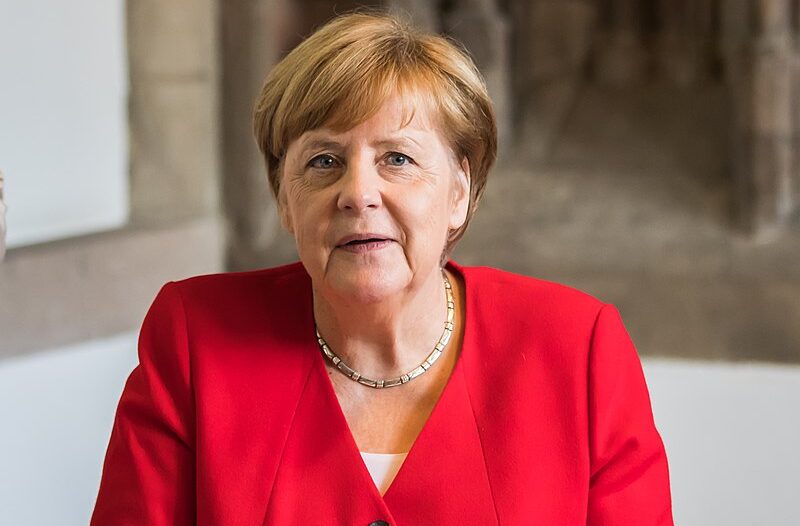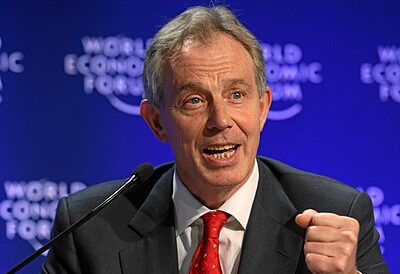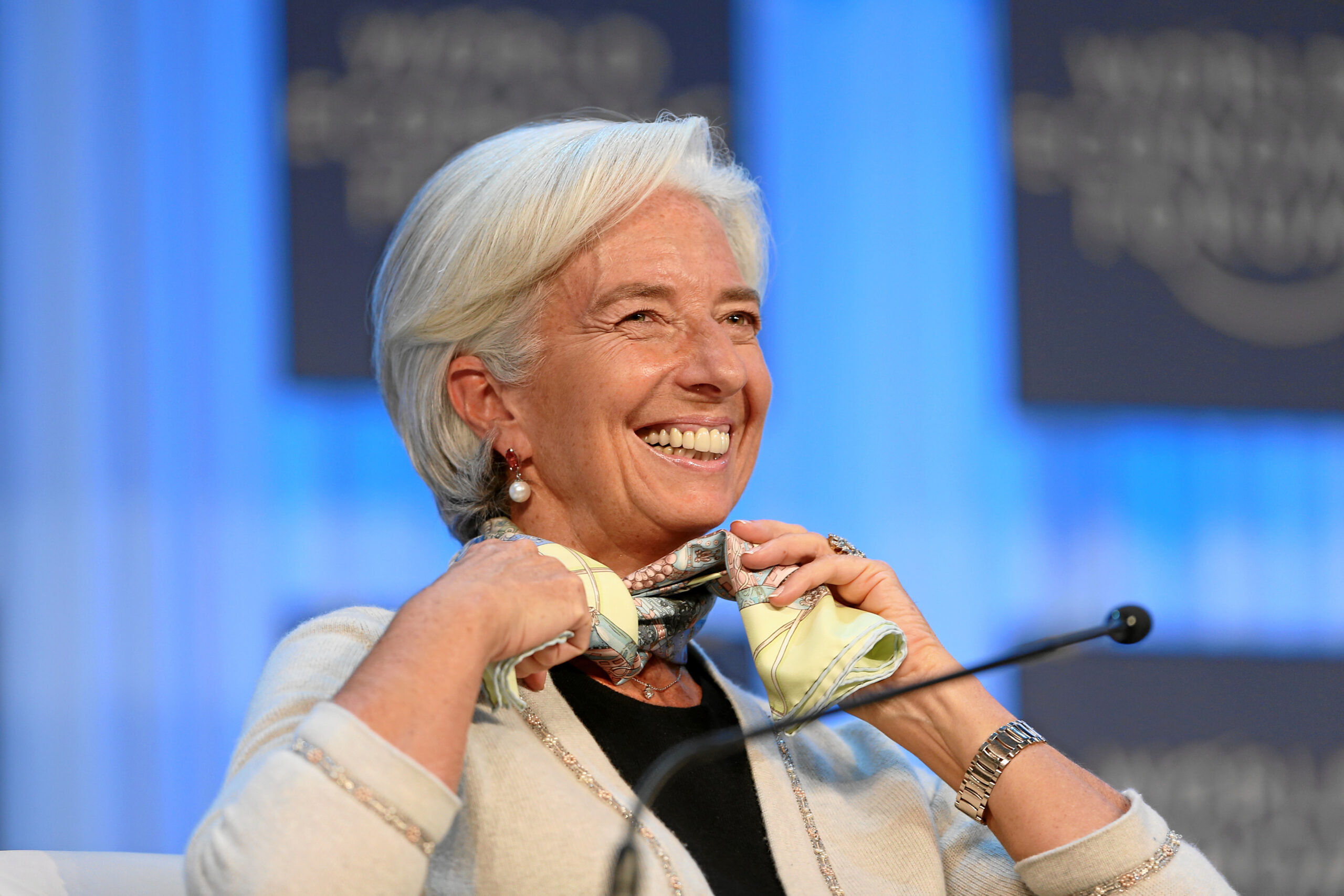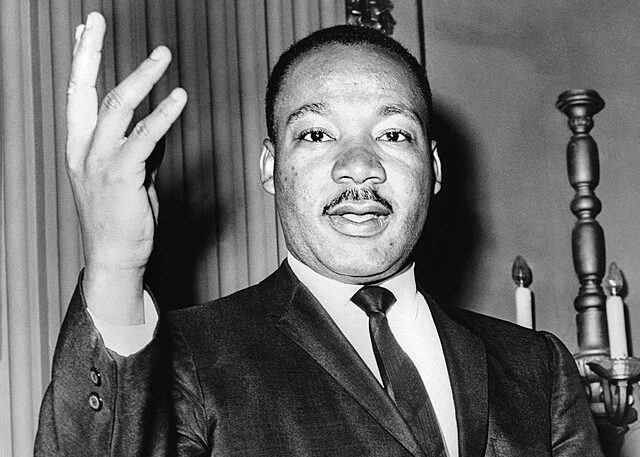Angela Merkel, the esteemed former Chancellor of Germany, stands as an influential and highly regarded figure in global politics. During her extensive tenure, spanning from 2005 to 2021, she encountered a series of controversies that left a lasting imprint on her political legacy. Here, we outline the top 10 pivotal controversies in Angela Merkel’s illustrious career:
Eurozone Crisis (2010-2012): Merkel’s approach to the Eurozone debt crisis attracted censure from certain European nations. Critics asserted that her insistence on austerity measures exacerbated economic hardships, impeding recovery efforts.
Migration Policy (2015): Merkel’s compassionate open-door policy toward refugees during the 2015 European migrant crisis triggered a notable influx of asylum seekers into Germany. While her humanitarian efforts garnered acclaim, the policy also instigated debates on immigration, integration, and national security.
NSA Surveillance Scandal (2013): Revelations by Edward Snowden exposed the monitoring of Merkel’s phone communications by the U.S. National Security Agency (NSA). This revelation strained Germany-U.S. relations and elicited concerns over issues of privacy and surveillance.
Nuclear Power Phase-out (2011): Merkel’s decision to phase out nuclear power in Germany following the Fukushima nuclear disaster in Japan drew criticism from the energy sector. Fears arose about energy security and the potential cost implications.
Spying on Allies (2015): Disturbing reports emerged indicating that Germany’s foreign intelligence agency, the BND, engaged in spying on friendly countries and international organizations, including the U.S. State Department and EU institutions. The affair caused diplomatic tensions.
Greece Bailout (2015): Merkel’s handling of Greece’s debt crisis and bailout negotiations faced opposition from some European partners who viewed Germany’s approach as overly stringent and lacking solidarity within the EU.
Austerity Measures (2008-2010): In response to the global financial crisis, Merkel’s government implemented austerity measures that sparked protests and contentious debates regarding the delicate balance between fiscal discipline and the stimulation of economic growth.
Surveillance of Journalists (2016): The revelation that the German domestic intelligence agency, the BfV, had been surveilling journalists covering security-related matters raised concerns about press freedom and potential government overreach.
Relationship with Turkey: Merkel’s relationship with Turkey’s President Recep Tayyip Erdoğan has been complex. Her handling of Turkey’s EU accession talks and concerns about human rights violations in Turkey drew criticism from human rights groups and political opponents.
Coalition Partnerships (2009 and 2017): Merkel’s collaborations with diverse parties in coalition partnerships were not without internal disagreements and policy clashes. Consequently, tensions and occasional fractures surfaced within the governing coalitions.
Criticism from Within Her Party: Merkel encountered criticism from factions within her own party, the Christian Democratic Union (CDU), over issues ranging from immigration and energy policy to her leadership style.
Notwithstanding these controversies, Merkel’s leadership style, characterized by pragmatism and unwavering resolve, earned her admiration both domestically and internationally. As one of Germany’s longest-serving chancellors, she emerged as a prominent and influential figure on the European and global political stage.
Throughout her tenure, Merkel adeptly navigated the challenges and controversies she faced, leaving a profound impact on Germany and the world. Her legacy will undoubtedly continue to be subject to debates and analyses for years to come.




